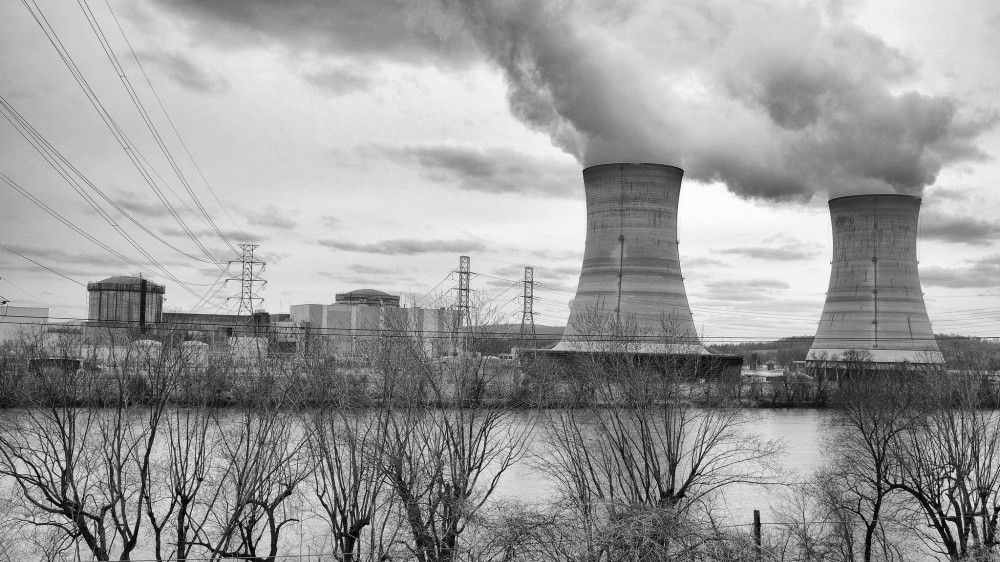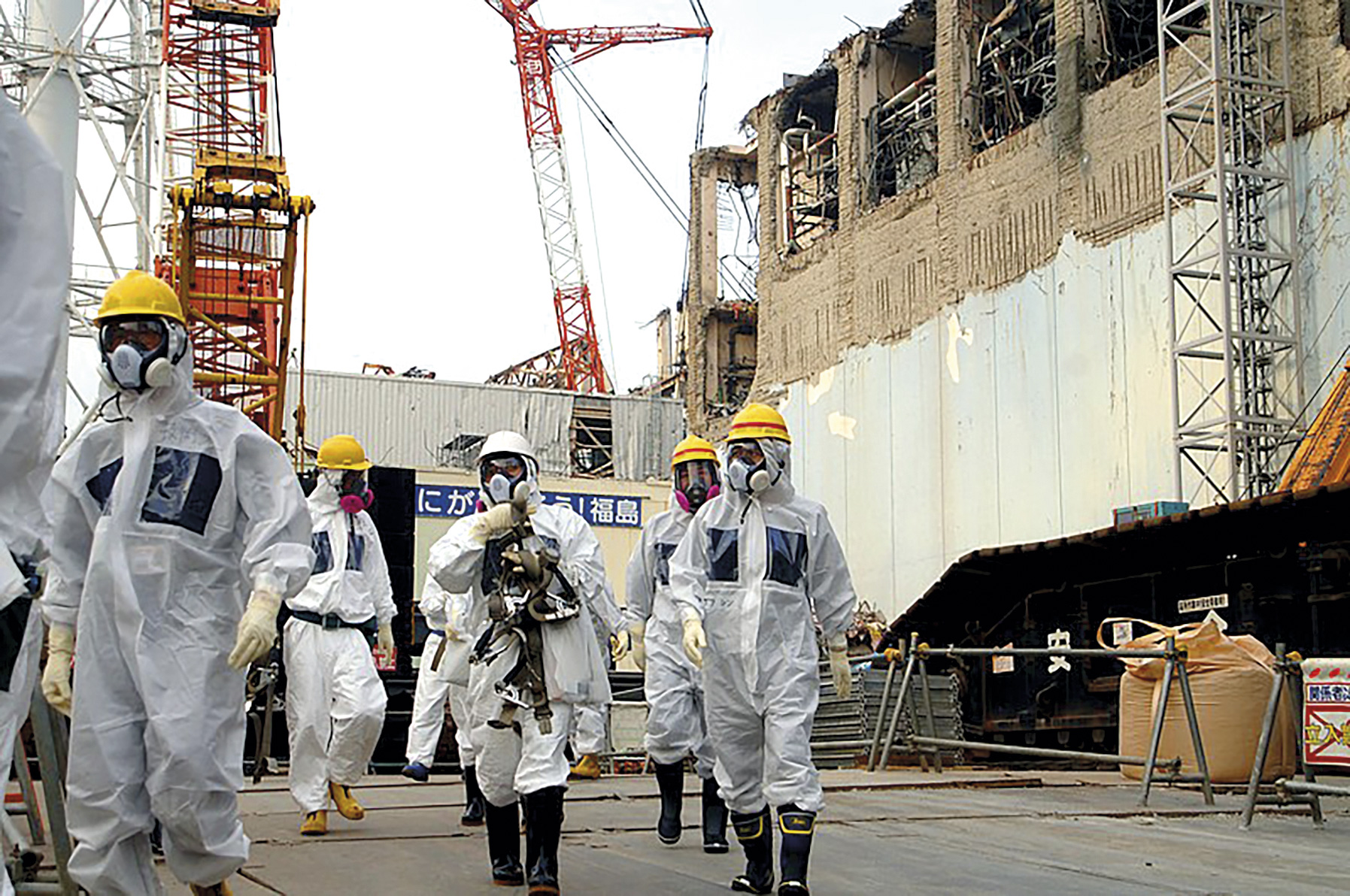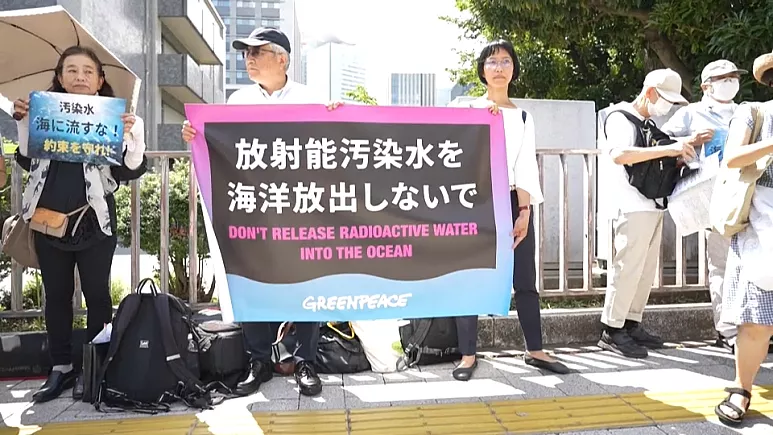Closure of the oldest nuclear power plant in the French State
- With the closure of the second reactor at the Fessenheim nuclear power plant, the oldest plant in the French State was out of service on the night of 30 June. The process shall not be closed completely until at least 2040.

The Fessenheim nuclear power plant, the oldest in the French state, has been in the process of closing since Monday, after 43 years of operation. Fesseheim is located near the border with Germany, on the banks of the Rhine. Reactor number two in the locality has definitely been trapped four months after the first reactor was closed. The first reactor had a power of 900 megawatts and a very limited production capacity.
The complete dismantling of the power plant has thus been initiated. The process is expected to continue for 15 years, as the evacuation of radioactive fuel has also been taken into account. As a result, dissolution will not take place before 2040. The energy company EDF has confirmed that the plant will be disconnected early Tuesday when the reactor has reached 8% power, but the process started on Monday afternoon, so it should be consumed before midnight.
Old demand
Ecologists have for years called for the closure of Fessenheim, which is in an unknown location. Until they became the promise of the campaign of former President François Hollande. Although Emmanuel Macron's Executive maintained its purpose, it has considered it necessary "a progressive balance between nuclear and renewable electricity". In addition, the objective has been "to further reduce greenhouse gas emissions" with the closure of the last four coal plants by 2022, as explained by the government in February.
A further 12 nuclear reactors out of the 58 in operation in the French state are expected to be disconnected by 2035. By then, the Government plans to reduce the nuclear base of electricity production by 50%, thus avoiding whole dismantling such as that of Fesenheim. At present, the French State produces 70% of its energy through nuclear power stations, more than any other country in the world.
Criticism of workers
The decision has aroused criticism among the workers in the power plant and a very large part of the 2,300 inhabitants of the city. An EDF trade union has described the measure as an "industrial and economic scandal", considering it to be the first plant shut down for no technical reason, and has argued that its operation was "correct". The union suspects that the decision has been taken to make an "electoral populism", referring to pp.
In 2017 the workforce of the plant stood at 750 people, of whom only 60 have participated in the dismantling work. EDF has redeployed 60% of its workers and about a hundred subcontractors have participated in the process of labour reconversion.
The State has analysed several projects to prevent the economic collapse of the area, such as the installation of a pilot centre for the decontamination of radioactive metals or of a biofuel factory, although it has not yet specified anything.





















